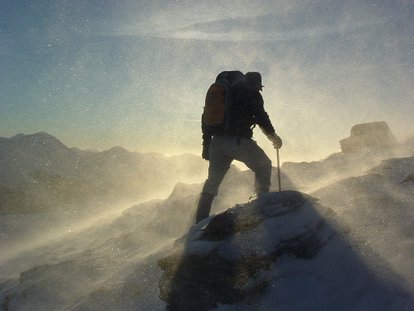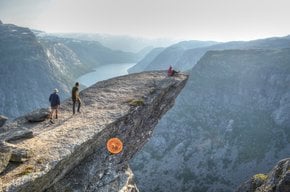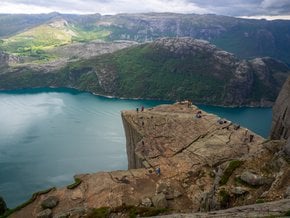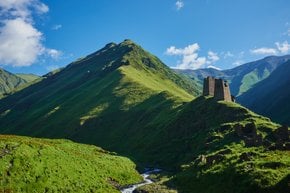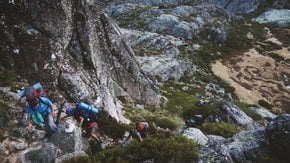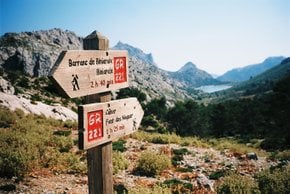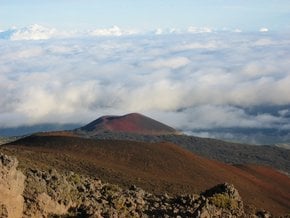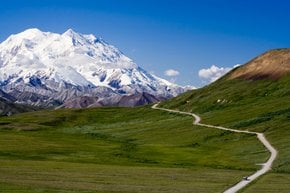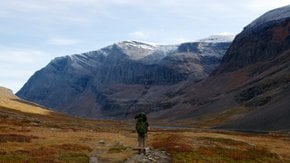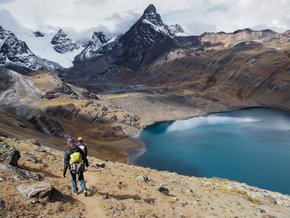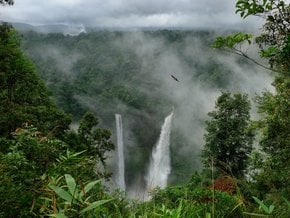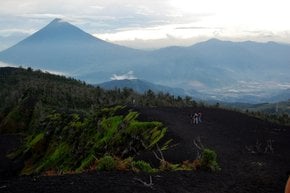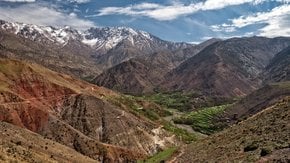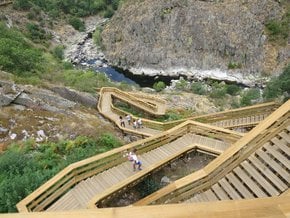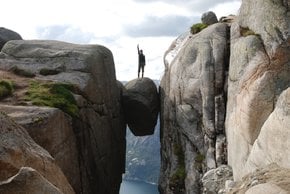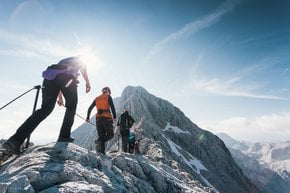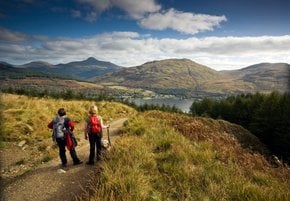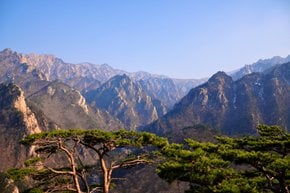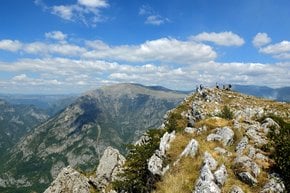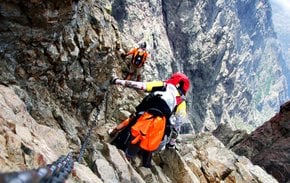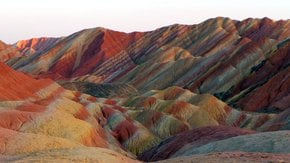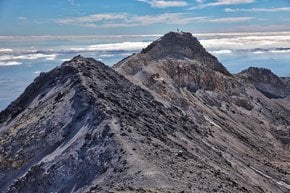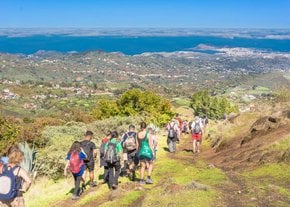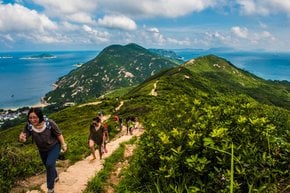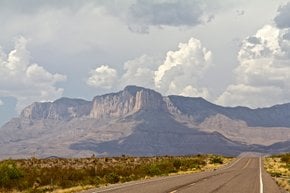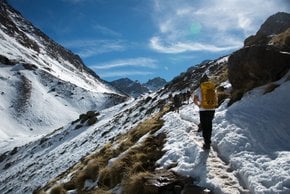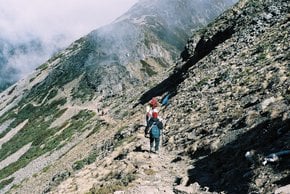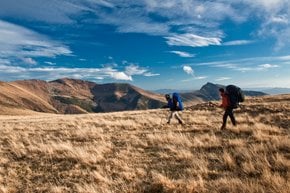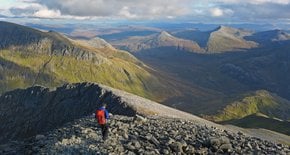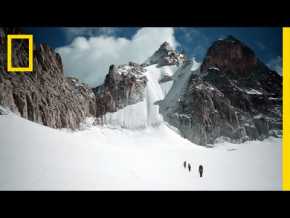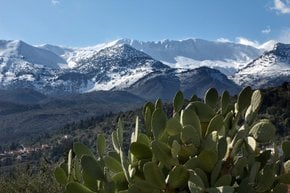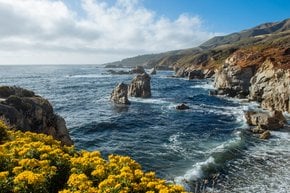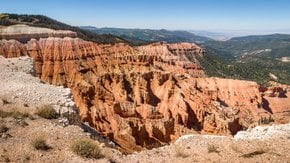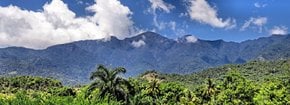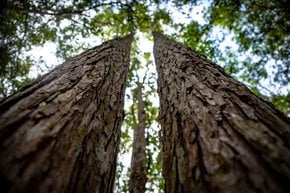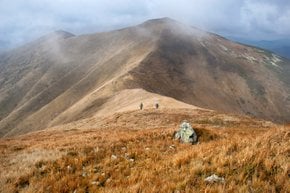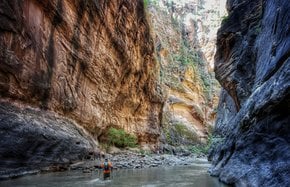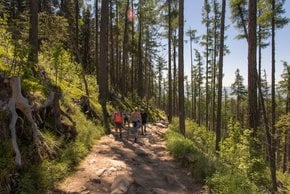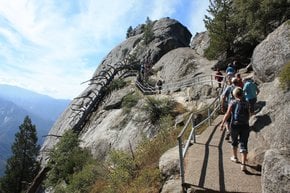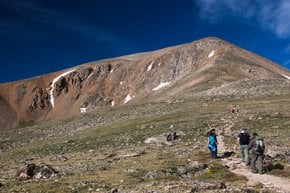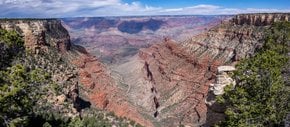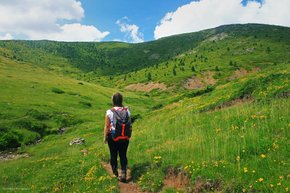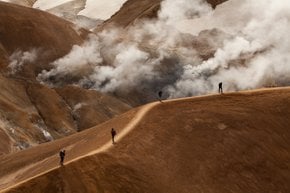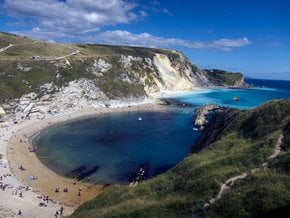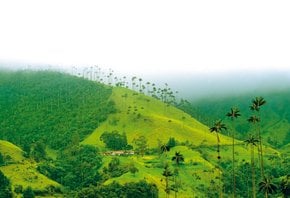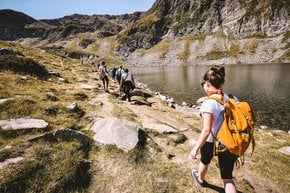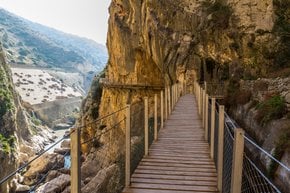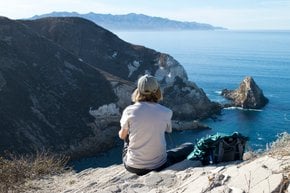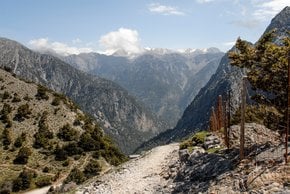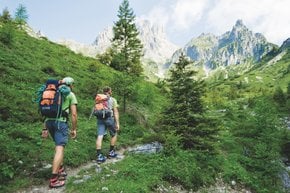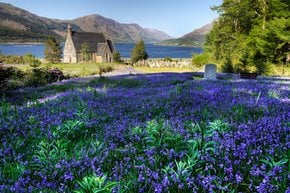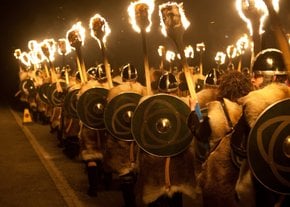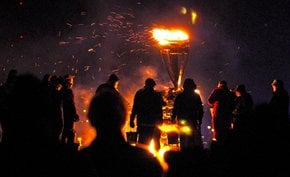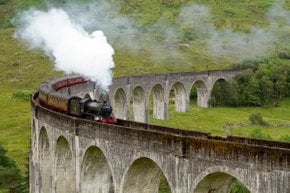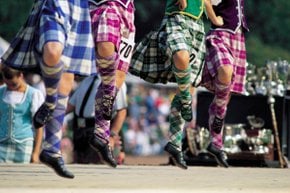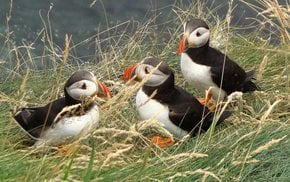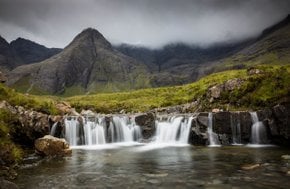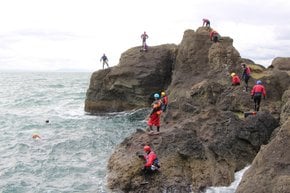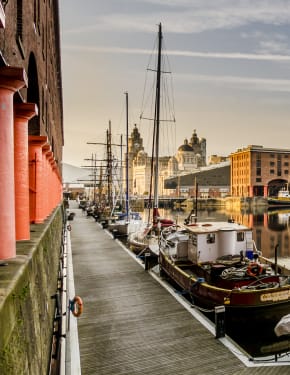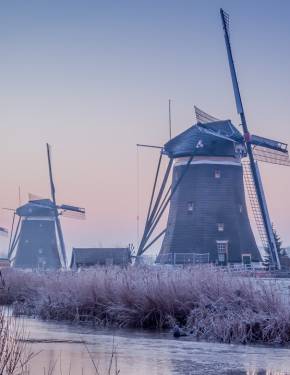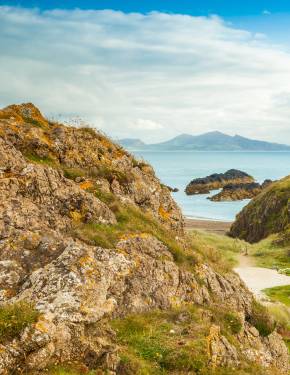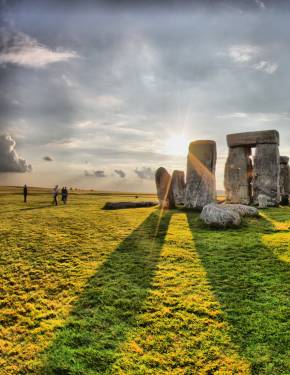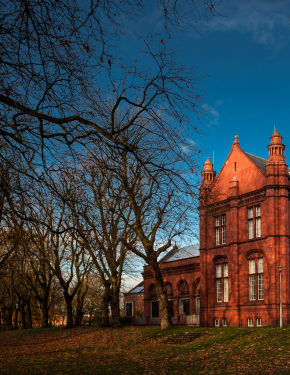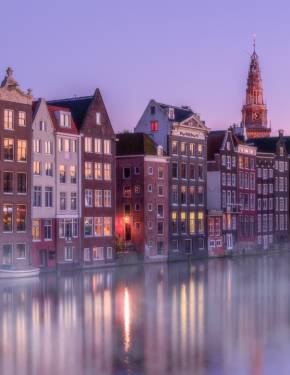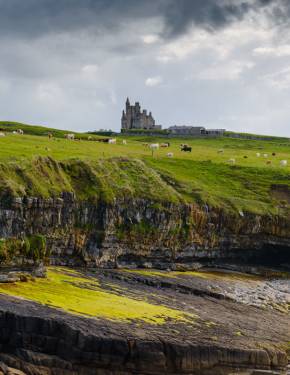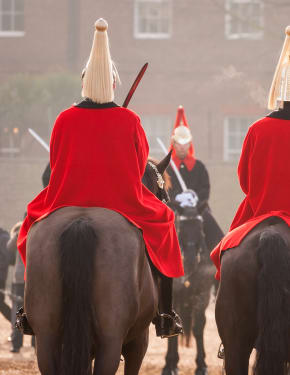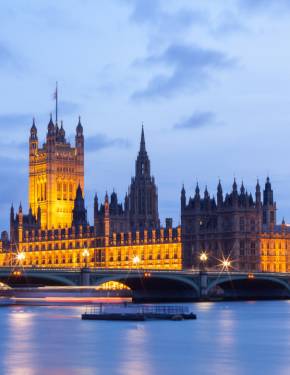Winter Mountaineering and Ice Climbing in Scotland 2026
Scotland provides excellent conditions for winter mountaineering and ice climbing for both beginners and experienced climbers
Best time: January–March
For those intrigued by the challenge of conquering nature's icy landscapes, Scotland's winter mountaineering and ice climbing opportunities offer an exhilarating adventure. From dramatic peaks to frozen waterfalls, the region provides experiences suitable for both beginners and seasoned adventurers.
Best Time for Ice Climbing in Scotland
The ice climbing season typically runs from January to March, depending on weather conditions. Regular updates on ice conditions are available through local climbing communities and mountain rescue services.
Top Locations for Winter Mountaineering and Ice Climbing
Scotland boasts some of the most renowned sites for winter mountaineering and ice climbing.
Ben Nevis
Ben Nevis, the UK's highest peak, is a prime destination for winter mountaineering. The location caters to experienced climbers, with terrain that includes steep gullies and ice-covered rock faces. Fort William serves as the gateway to Ben Nevis. The town is reachable by train or bus from major cities like Glasgow or Edinburgh.
Glen Coe
The nearby Glen Coe area also offers a variety of climbing routes with striking scenery. While there are challenging paths for experienced climbers, the area also features less demanding routes suitable for novice climbers, especially when accompanied by guides. The area is easily accessible by public transport from Glasgow.
Southern Highlands
This region offers numerous climbing spots, including the Arrochar Alps. It's accessible by both car and public transport, making it a convenient choice for many climbers.
The Cairngorms
The Cairngorms National Park offers a variety of routes suitable for both beginners and experienced climbers. The area is known for its reliable conditions and well-maintained trails. Aviemore, a nearby town with good rail and road connections, serves as a base with accommodations, cafes, and outdoor gear shops, making it convenient for multi-day trips.
Guided Tours and Training
For those new to the sport or even seasoned climbers looking to enhance their skills, guided tours and training courses are highly recommended. Local operators offer a range of courses, from beginner-friendly introductions to advanced ice climbing weekends for the more experienced.
Beginners
Training courses are essential for newcomers. These usually start with basics, including how to use crampons and ice axes, and progress to climbing techniques. Many providers also offer the option to try out ice climbing on an indoor ice wall in Glasgow before heading into the wild.
Experienced Climbers
For seasoned enthusiasts, there are advanced courses that cover complex ice climbing techniques and high-altitude mountaineering.
Prices
Prices for guided tours and training courses can vary, but generally, you can expect to pay around £100 to £200 per day for group sessions, with private lessons costing more.
Equipment and Gear
Having the right equipment is crucial for a safe and enjoyable climbing experience. Essential gear includes crampons and ice axes, which are necessary for climbers of all levels. Helmets and harnesses are vital for safety, ensuring protection during climbs. It is important to wear proper clothing, with layers to guard against the cold, wind, and wet conditions. Climbing ropes and carabiners are needed for secure ascents and descents.
Most equipment can be rented from local suppliers, with prices ranging from £20 to £50 per day, depending on the specific gear.


